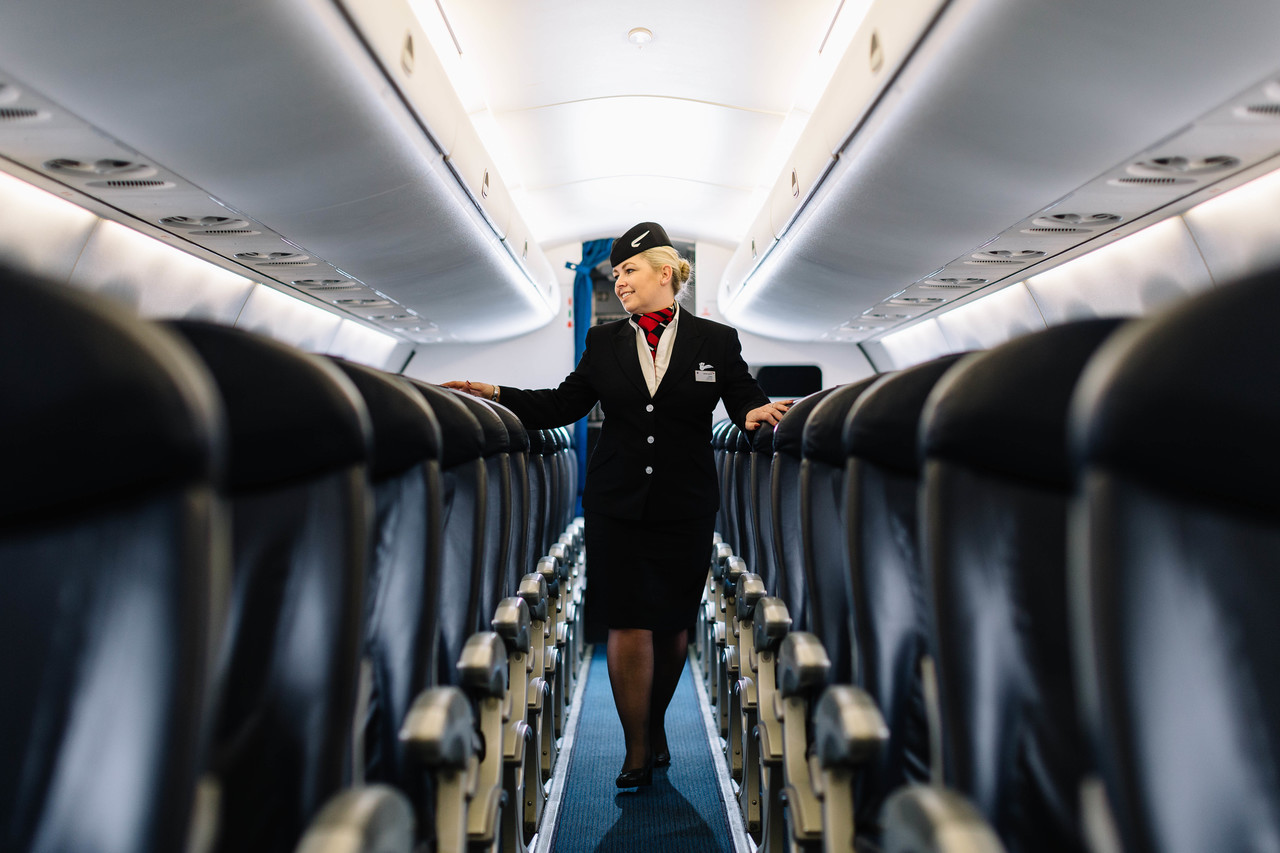
British Airways has lost a legal battle in the Supreme Court over passenger compensation rights, which could cost the airline millions of pounds in claims that it previously rejected as a so-called ‘extraordinary circumstance’.
The case dates back to 2018 when a couple known as Mr and Mrs Lipton were delayed returning to London when their British Airways CityFlyer flight from Milan was cancelled because the Captain went sick just hours before the flight was due to depart.
The couple submitted a claim under the EU’s air passenger rights legislation known as EC/261 for a total of £440, but British Airways rejected the claim outright, saying that the pilot going sick while off duty downroute was an ‘extraordinary circumstance’ outside of its control.
There aren’t many ways that airlines can get out of paying compensation for significantly delayed or cancelled flights, but an extraordinary circumstance outside of its control is the one legally accepted way for airlines to save paying out compensation.
The problem is that the definition of what constitutes an extraordinary circumstance is hotly contested, and it’s often been left to the courts to determine what does and doesn’t count as an extraordinary circumstance.
When the Lipton’s were first rebuffed by British Airways they took the airline to court but a district court ended up siding with BA. Undeterred, the Lipton’s appealed the verdict and won their case in a higher court.
British Airways made its own appeal, and the case ended up in Britain’s highest court, where a panel of three judges could have the final say on the matter.
On Wednesday, the verdict was finally handed down, and all three judges ruled in favour of the Liptons.
In their judgment, Lord Justice Coulson compared staff sickness to occasional mechanical delays which have long been established as not being an exceptional circumstance.
“Wear and tear of the aircraft and its component parts is not extraordinary; the wear and tear on people, manifesting itself in occasional illness, should not be regarded as any different,” Lord Justice Coulson wrote.
BA’s barrister had attempted to argue that the case should have been treated differently because the pilot went sick while off duty, but this submission was wholly rejected by the Justices.
In short, pilots and cabin crew are an inherent part of an airline’s operation and it should be expected that humans will occasionally be sick. It is therefore up to airlines to ensure that they have enough staff to cover for illness because that is the nature of their business.
If, however, they fail to adequately manage their resources, whether that be a machine or an employee, then they are on the hook for compensation.
Of course, the United Kingdom no longer has EC/261 after it left the European Union but regulators adopted similar legislation, so BA will still be required to pay out compensation for staff sickness.
The ruling could have a big impact on BA and other airlines who have previously rejected delay compensation requests due to staff sickness.
Generally speaking, severe weather and acts of terrorism are definitely considered an ‘extraordinary circumstance’, whereas mechanical problems, whether the fault of the airline or not, aren’t.
Mateusz Maszczynski honed his skills as an international flight attendant at the most prominent airline in the Middle East and has been flying ever since... most recently for a well known European airline. Matt is passionate about the aviation industry and has become an expert in passenger experience and human-centric stories. Always keeping an ear close to the ground, Matt's industry insights, analysis and news coverage is frequently relied upon by some of the biggest names in journalism.







